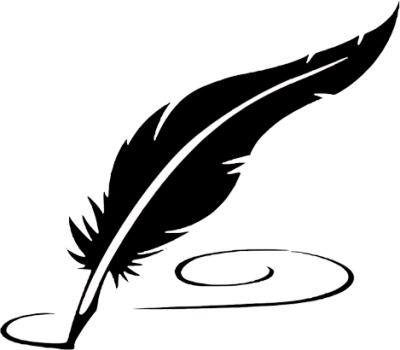This is a fairly academic (but short!) piece I wrote for an NEH Institute of Digital Humanities, which I attended last summer at the University of Denver. It serves as an introduction to the digital anthology that my students, some Native collaborators and I have started. The anthology will always be a work in progress, but it’s especially fledgling now, so all comments are most welcome!
This project sits squarely within the new movement calling itself #transformDH. From the standpoint of what are often called “diversity” concerns, digital scholarship and projects have tended to follow fairly predictable patterns. In my own field, literature, the most visible and best-funded projects began with canonical (#deadwhite!) authors: the Rosetti Archive, the Blake Archive, the Whitman Archive. Close on the heels of these, to be sure, have come new projects informed by critical ethnic and gender studies, including some pursued in our IDH workshop: Angel Nieves’s Virtual Freedom Trail, Leo Flores’s work digitizing Puerto Rican collections, Charles Foy’s history of eighteenth-century African-American mariners.
Still, only very recently have scholars working in critical ethnic and gender studies started to coalesce within DH, to articulate how this work challenges or confronts the field’s establish(ing) parameters. Alexis Lothian (English, Indiana University of Pennsylvania) described the rise of #transformDH in a Winter 2011 essay for the Journal of Digital Humanities, just months after the American Studies Association hosted panels devoted to diversity and DH. Some scholars, like Lothian, were concerned that DH has ignored the “many politicized queers and people of color engaged in scholarly work in and out of the academy [who] do use digital tools and think critically about them and even create them.” Others, like Moya Bailey,(Women’s, Gender & Sexuality Studies, Emory University) worried about deeper, “implicit assumptions about what and who counts in digital humanities as well as. . .structural limitations that are the inevitable result of an unexamined identity politics of whiteness, masculinity, and ablebodiness.” Since then, Adeline Koh (Literature, Richard Stockton College) has been cyber-rallying #transformDH scholars who want to interrogate these politics.
Writing of Indigenous New England started with a conventional print anthology: Dawnland Voices: An Anthology of Writing from Indigenous New England, forthcoming (2013) from the University of Nebraska Press. I edited this tome, which runs 600 pages long, with 12 tribal community consultants: elders, scholars and historians who selected, annotated and contextualized a wide range of indigenous-authored texts, from early petroglyphs to contemporary blogs. Long before we submitted the final manuscript, we started feeling the limitations of print: we wanted a living document able to expand (in response to both new historical findings and new literary production), to change (in response, again, to new findings about historical accuracy, or new community-driven questions about texts), and to stimulate (and include) new debate and conversation. It seemed obvious that a digital platform, and the crowdsourcing made possible by such platforms, would only enhance our work of literary collection, editing and interpretation.
With few resources immediately available, we have started with Omeka.net, tailor-made for this kind of project. Tribal collaborators have chosen texts they would like to see included, and UNH students have done the work of uploading these items, describing them, curating them, and then re-submitting them to the consultants for approval. Our first full “exhibit,” a partnership with some local historical societies, basketmakers, and the Mt. Kearsarge Indian Museum, focuses on Abenaki baskets, and asks readers and viewers to consider nonalphabetic forms of literacy as part of indigenous literary traditions. Future exhibits will be initiated by external partners, not (top-down) by me or my classes. If future funding appeals pan out, I hope to offer training for tribal historians and writers to use Omeka so they can load their own documents remotely and independently. For this phase, we’ll form an advisory board and develop an explicit, indigenous-centered protocol for intellectual property rights, using, for instance, a licensing system like the one attached to the wonderful new Mukurtu platform.
As I teach at a public institution that ranks among the lowest in the nation for state support, and that is experiencing cutbacks that are nothing short of frightening, I have been thinking a good deal about the unfortunate tensions that seem to be arising between digital humanities and ethnic studies. When programs are on the chopping block, ethnic studies and related programs are always the first to go. Meanwhile, the very word “digital” brings the dollar signs to university administrators’ eyes. Some of their support might be for genuine DH; more seems to be driven by some bizarre fantasy that as the e-courses flow, so will the cash (Coursera’s attrition rates be damned). But either way, all parties concern will need to be newly attuned to issues of social and economic injustice. Our “own” Angel Nieves has insisted that when it comes to diversity in DH, access and inclusion aren’t enough. How can DH projects help build capacity in disenfranchised communities? How can they create closer promixities between people with privilege (including some university students and professors) and people without (including un- or under-employed community members with historic knowledge and skills)? Can DH pull against, or offer creative responses to, the radical upward re-distribution of resources we are currently witnessing in the academy?
